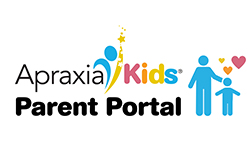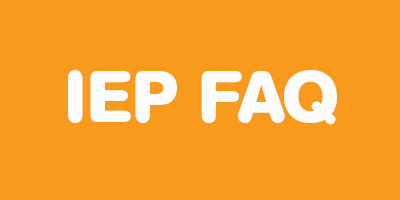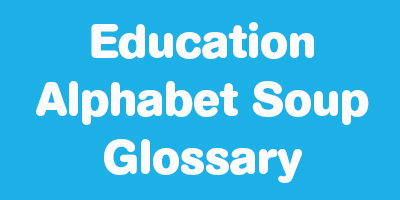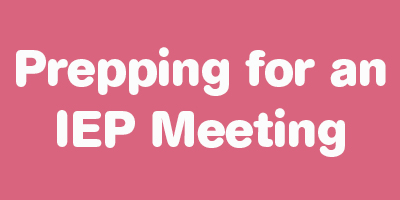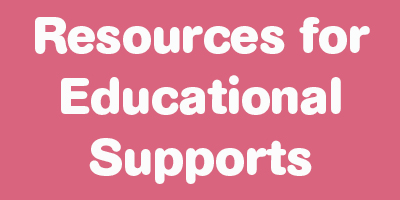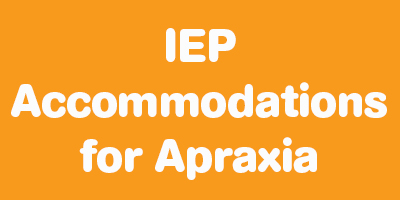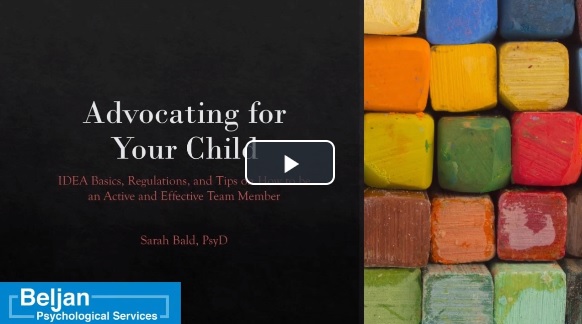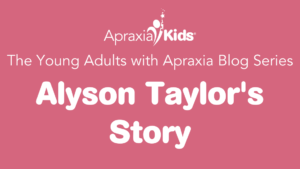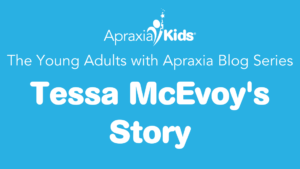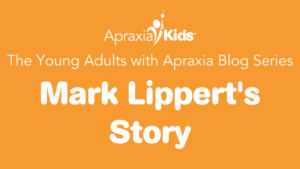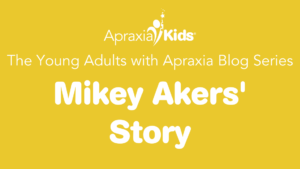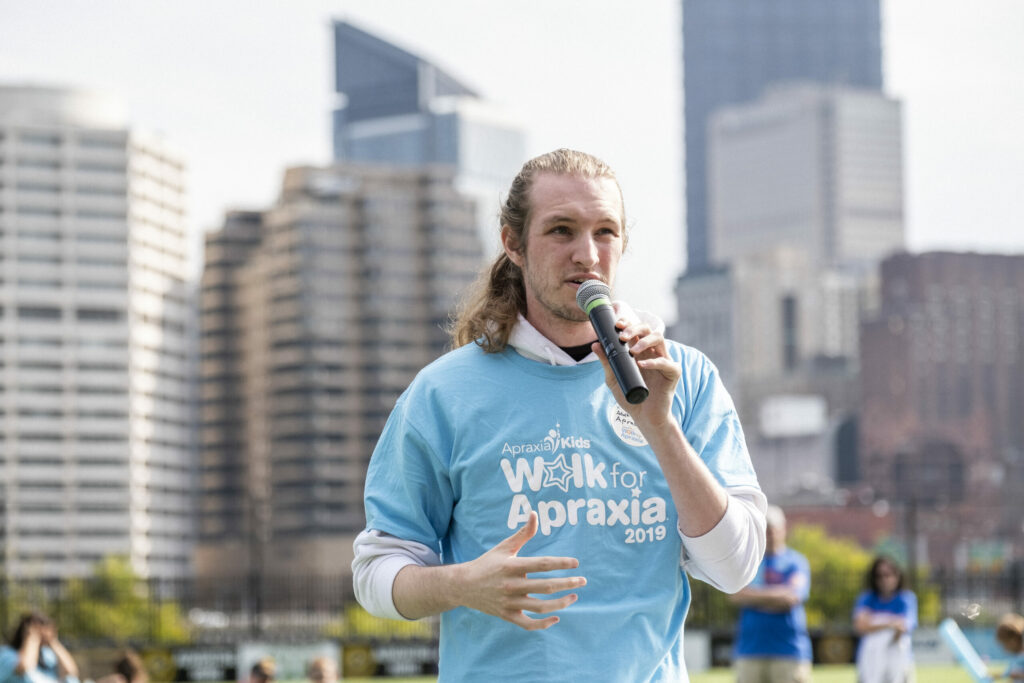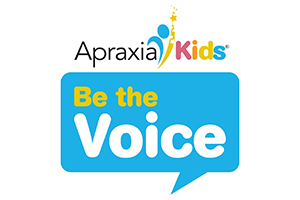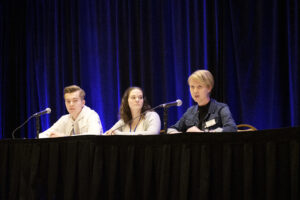Therapy for Older Children
Sometimes children have a milder form of CAS and may not be identified with motor planning challenges until later in school when they continue to have errors that traditional articulation therapy does not remediate. On the other hand, children who are diagnosed at a younger age and have made progress in speech therapy may fall into this category sometime in late elementary or into junior high school. Click below to see what therapy priorities change as the child becomes older.
Therapy For Residual Errors
As a child progresses through speech therapy, their speech becomes more intelligible and they become a more competent communicator. There are some speech sounds that seem to be harder for children to acquire (not just those with CAS). These sounds include /r/, /l/, /s/ and /z/. A child with CAS may have acquired motor plans for production of all but 1 or 2 sounds. Usually, their speech is mostly understood by others, but these residual errors are noticeable. A child may not acquire these last sounds until late elementary, middle or high school, or even into young adulthood.
Teenage Language Disorders
In some children, the speech difficulties caused by CAS may be resolved, however, there could be lingering receptive or expressive language disorders that cause difficulty succeeding in the classroom, following directions or a conversation or understanding jokes or sarcasm. This can impact social and emotional wellbeing now and into adulthood. This blog from Talkshop Speech Pathology explains what language disorders look like in a teenager and gives suggestions for how speech therapy can support them.
How Speech Pathology Can Help Teenagers with Language Disorders
Discontinuing Therapy
Has your 7th grader stopped being cooperative in speech therapy or decided they would rather be doing something else? Has your 10th grader told you their speech is fine and they don’t need therapy anymore? If so, read more about discontinuing speech therapy below.
Advice to Parents from Mark Lippert
Mark Lippert, a young adult with CAS, has advice for parents about talking to your child about attending speech therapy.
As your child gets older, and when there might be a hint that your child might move on from speech therapy in the near future, sit down with your child about what the endpoint of speech therapy looks like for them. There are two reasons why I’m bringing it up.
The first one is that it’s a significant accomplishment for your child and your whole family because you all have been on the speech therapy journey for years at this point together. You, as parents, have sat in waiting rooms filling out endless amounts of paperwork over the years. Your child has been forced to dedicate some part of their childhood going to speech therapy, as well as other types of therapy maybe. Together, you and your child deserve an equal amount of credit in the speech therapy journey. After so many years of continuously going to speech therapy appointments, it’s so ingrained in us. When they go to their last speech therapy session one day the next day, it’s all over. That’s it.
The second reason is that my parents and I never really talked about the endpoint of speech therapy for me because I didn’t really mind going to speech therapy as I got older. (I didn’t go to speech therapy as I got older during the school year, only during the summertime.) As I said before, I didn’t mind going to speech therapy. Since my mom got really involved with Apraxia Kids when they were founded in the year 2000 (known as CASANA at the time), in the back of my head I knew that other kids were going to speech therapy and dealing with the same stuff I was going through. So those two things have probably majorly skewed the results of it.
Your child might be more proactive in wanting to stop going to speech therapy. Still, I suggest that you sit down with your child and have a totally honest conversation talking about the steps for them to stop attending speech therapy.
